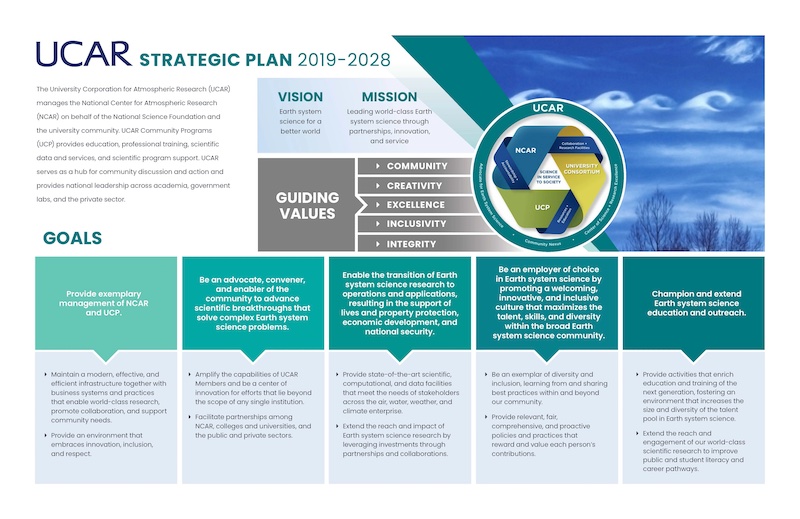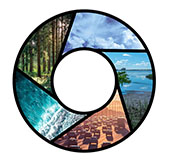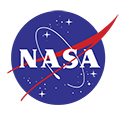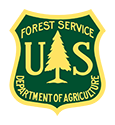Carbon Cycle Science Project Office at UCAR
About UCAR
The US Carbon Cycle Science Program is hosted by the UCAR’s Cooperative Programs for the Advancement of Earth System Science (CPAESS)'s Carbon Cycle Science Project Office (CCSPO). UCAR provides a hub for community discussion and action and provides national leadership across academia, government labs, and the private sector. The US CCSP is highly relevant to UCAR’s mission to “lead world-class Earth system science through partnerships, innovation, and service” and UCAR goals to serve as an “advocate, convener, and enabler of communities seeking to advance scientific breakthroughs and solve complex earth system science problems” and to “champion and extend earth system science education and outreach programs” (UCAR Strategic Plan 2019-2028; see graphic below).
Within UCAR, the UCAR Community Programs (UCP) provide a suite of innovative resources, tools, and services to researchers, educators, and practitioners in the Earth system science community. UCP’s Cooperative Programs for the Advancement of Earth System Science (CPAESS), which provides education, professional training, scientific data and services, and scientific program support, currently hosts other independent science programs such as the U.S. Climate Variability and Predictability Program (US CLIVAR), visiting scientist programs, as well as early-career opportunities such as the NOAA Climate and Global Change Postdoctoral Fellowship Program and NASA Jack Eddy Postdoctoral Fellowship Program. CPAESS will provide reliable and experienced scientific support to assist the US CCSP with meeting planning, travel, budget, website development, and communication.

The UCAR UCP Cooperative Programs for the Advancement of Earth System Science (CPAESS) currently hosts independent science programs (e.g., US Climate Variability and Predictability Program (US CLIVAR)), visiting scientist programs, internships, and early-career opportunities (e.g., NOAA Climate and Global Change Postdoctoral Fellowship Program, NASA Jack Eddy Postdoctoral Fellowship Program, NOAA Weather Program Office Innovation for Next Generation Scientists (WINGS) Dissertation Fellowship Program). Given their extensive experience in this area, CPAESS is well-equipped to provide US CCSP with IT and website support, financial planning and administration, and travel and meeting planning to meet the goals of the U.S. Carbon Cycle Science Program Office.
Project Office Support
Logistical support for the U.S. Carbon Cycle Science Program Office and the activities it leads is remotely provided by the University Corporation for Atmospheric Research (UCAR) - Cooperative Programs for the Advancement of Earth System Science (CPAESS) in Boulder, Colorado.
Funding for the U.S. Carbon Cycle Science Program is currently provided by National Aeronautics and Space Administration (NASA), the United States Department of Agriculture National Institute of Food and Agriculture (USDA NIFA), the United States Department of Agriculture Forest Service (USDA FS), the United States Geological Survey (USGS), and the National Oceanic and Atmospheric Administration (NOAA) through NOAA's Climate Adaptation and Mitigation Program administered by UCAR's Cooperative Programs for the Advancement of Earth System Science (CPAESS) under awards #R4310253 and 4310253B.




